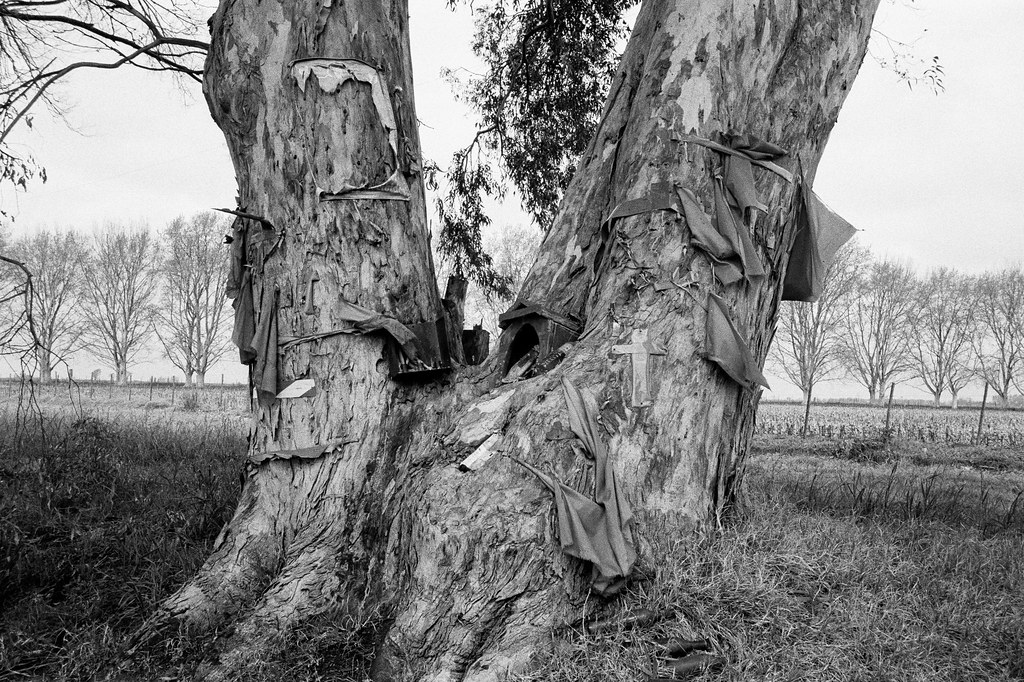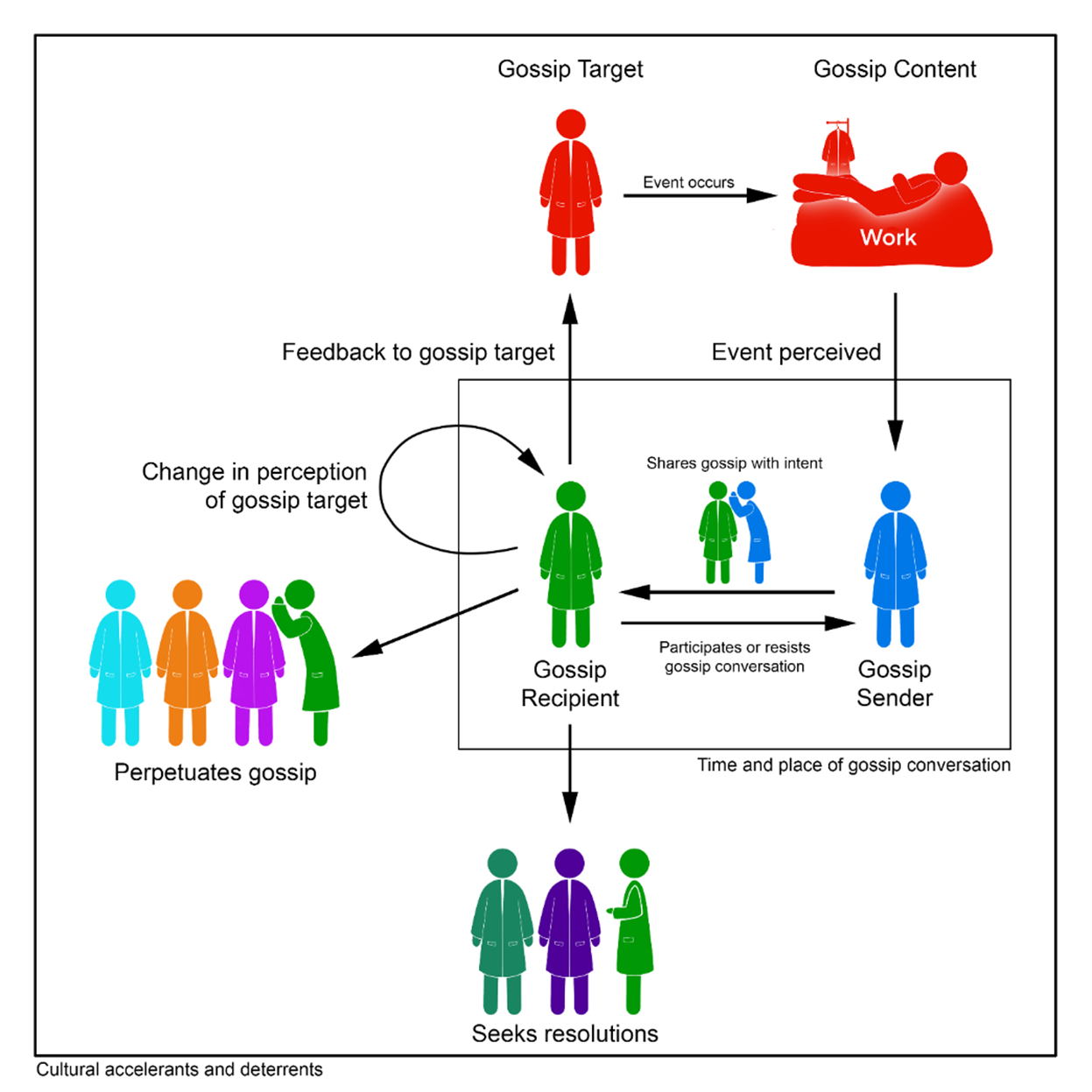
A conference called “The promises and pitfalls of preregistration” was hosted by the Royal Society in London from 4th-5th March 2024. Here, I discuss the presentations by Chris Donkin and Stephan Lewandowsky, both of which consider some of the potential “pitfalls” of preregistration.



